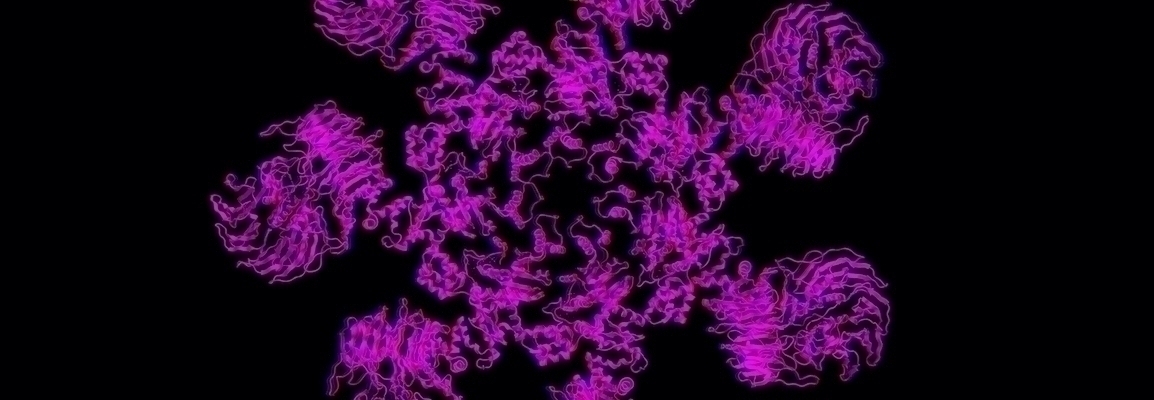

Harnessing 19f as an agent in bio nmr of large systems
Webinar Overview
The 19F-13C TROSY principle opens exciting opportunities to probe structure, dynamics and interactions in large biomolecular systems, in which the 19F-labels can be incorporated either into a protein or a nucleic acid residue. The fluorine atom is an extremely sensitive probe towards its chemical environment thanks to high CSA (chemical shift anisotropy), at the same time CSA also badly broadens the NMR-signals of 19F-labels in biomacromolecules. The so called TROSY effect can be used to combat CSA and narrow the linewidth of the 19F-signals allowing their detection by solution state high-resolution NMR spectroscopy.
November 25, 2020
What to Expect
In this SelectScience webinar professor Haribabu Arthanari will discuss state-of-art NMR investigations of large biomolecules with selective 19F-labels and using high-sensitivity cryogenic NMR probes at high magnetic fields.
Key Points
- Opportunities and challenges in NMR of large biological systems
- How atomic properties manifest in NMR spectra, fluorine as prime example
- How to use selective 19F, 13C and 2H-labeling to map structural features
- What is meant by CSA and the TROSY effect
- New experimental 19F-NMR approaches to unveil biomolecular function
Who Should Attend?
Students and post-docs who wish to learn about emerging techniques in NMR, Representatives of biomolecular discovery labs in academia and pharmaceutical industry.
Speakers
Dr. Haribabu Arthanari
Assistant Professor Department of Biological Chemistry and Molecular Pharmacology, Harvard Medical School Department of Cancer Biology, Dana-Farber Cancer Institute.